Two-year-old Tatul puts aside a half eaten piece of chicken which he has taken out of his rice soup and is waiting for the cook to serve him some beetroot salad. While waiting he is chatting with his friends arguing merrily that “to become stronger and to beat Nanulik in their fights, he should eat more salads instead of meat.”
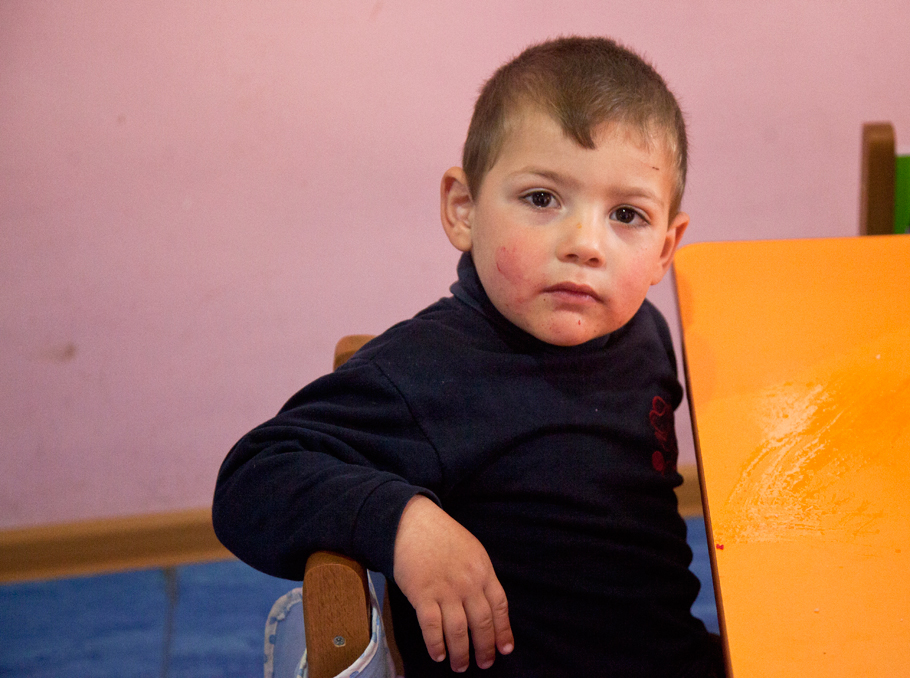 Little Tatul
Little TatulPhoto: Mediamax
Within the framework of the public health improvement component of Breaking the Cycle of Poverty Program (BCPP) in Tavush province, implemented by the initiative of the Fund for Armenian Relief (FAR), works have been carried out since 2013 aimed at addressing the problem of malnutrition of children aged 0-6 in 14 targeted communities. The kindergarten of Chinchin community was one of the first establishments to be included into the program.
First of all, FAR employees examined the children, as a result of which numerous cases of anemia and worm infestation were discovered, which was quite troubling. Afterwards, steps were taken to increase health capacity and population’s awareness.
The Ministry of Health and the State Service for Food Safety have jointly developed a balanced and calorie-counted diet plan for kindergartens which provides necessary and mandatory nourishment for children of this age group. Within the framework of the program, FAR provides the kindergartens with necessary food products.
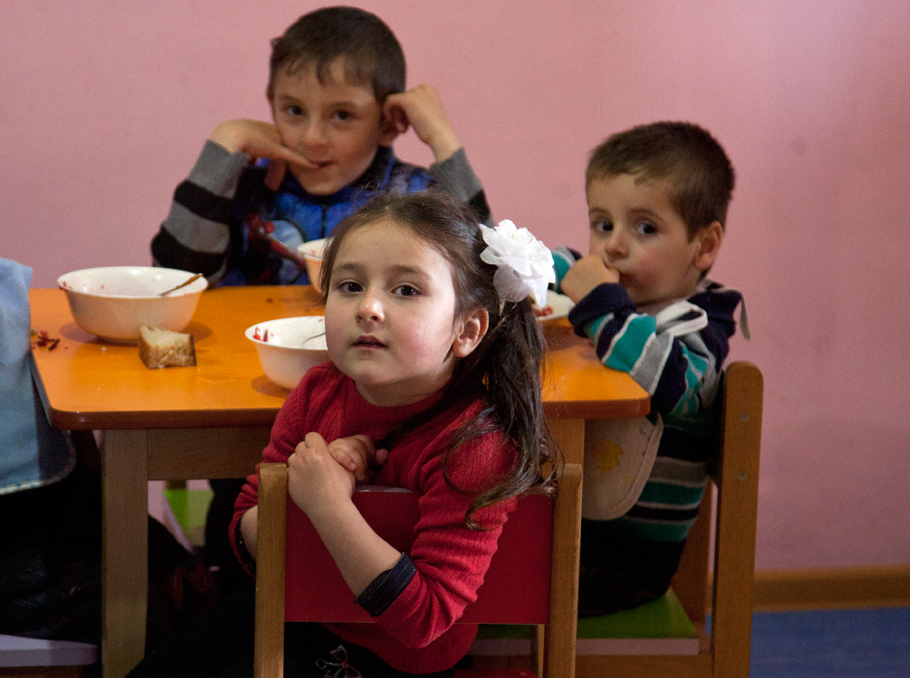 At Chinchin kindergarten
At Chinchin kindergartenPhoto: Mediamax
Director of Chinchin kindergarten Lilit Arakelyan says that prior to this program the kindergarten was allocated only AMD 300 000 annually from the community budget to take care of all its needs.
“Thanks to FAR’s project, our children eat vitamin-rich food every day - fresh dairy products, beef and chicken, eggs, fruits and vegetables. The portions are quite big and very often children even can’t eat everything,” the director says, adding bitterly that due to financial problems many of the kids have a chance to eat only in the kindergarten.
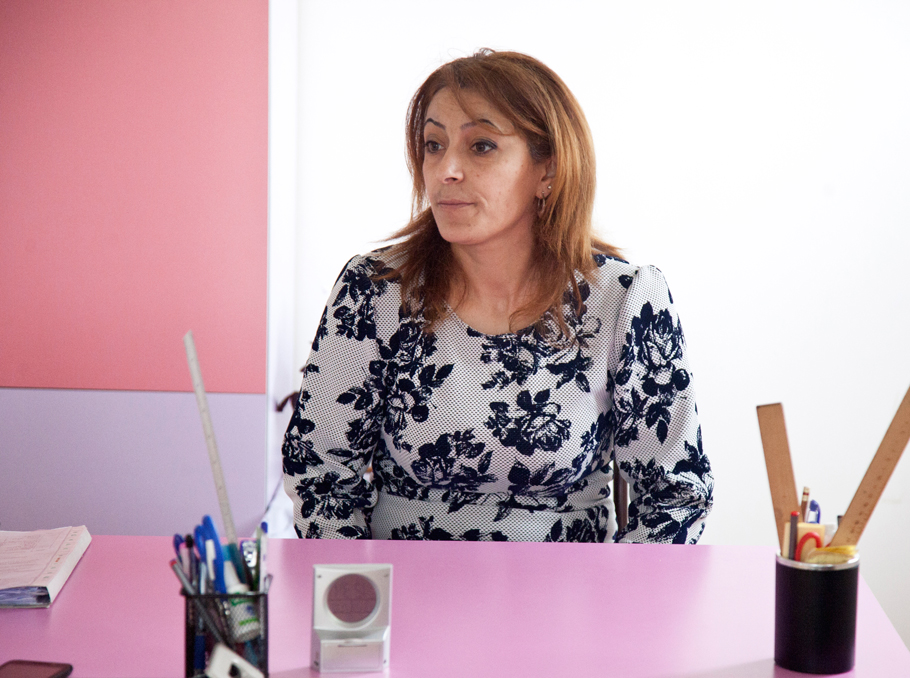 Lilit Araqelyan
Lilit AraqelyanPhoto: Mediamax
“Thanks to this new diet plan our children are no longer subject to malnourishment,” Lilit Arakelyan says.
According to FAR Health Programs Coordinator Hambardzum Simonyan, even after the implementation of the program, children undergo medical examination once in a while, and the results are quite promising and indicate the effectiveness of the program.
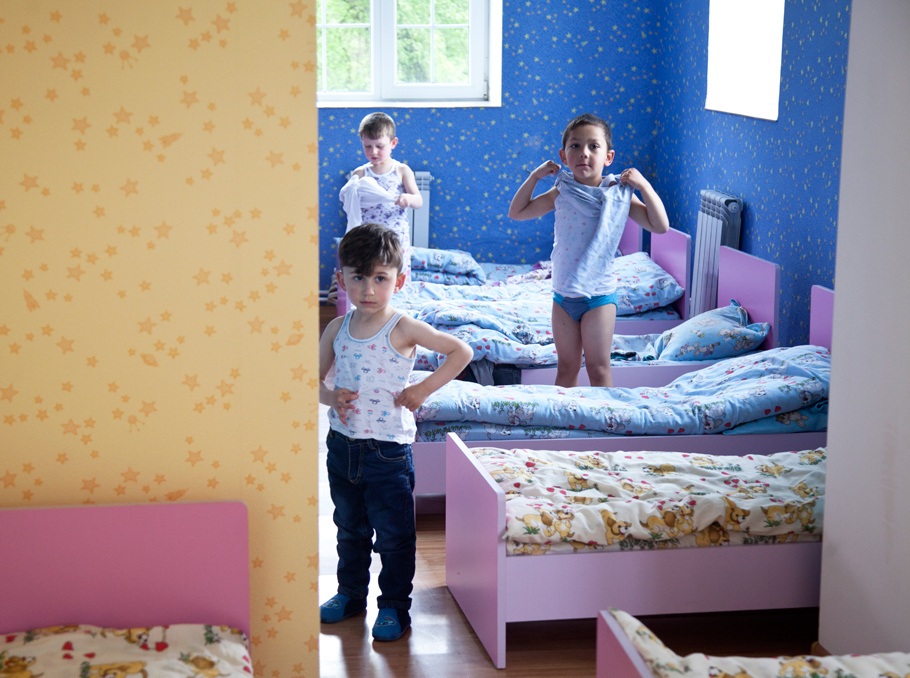 At Chinchin kindergarten
At Chinchin kindergartenPhoto: Mediamax
“However, the diet improvement is not enough to resolve all the problems and raise a healthy generation. Parallel to this program we have been and still are improving the general condition of kindergartens. At Chinchin, we have renovated the building of the kindergarten and provided all the necessary furniture so that the children are no longer forced to eat, sleep and play in damp rooms, which often resulted in numerous health complications,” Hambardzum Simonyan says.
The 60-year-old building of Chinchin kindergarten was renovated and furnished in 2015 within the framework of FAR’s 5-year Breaking the Cycle of Poverty Program in Tavush.
According to the director of the kindergarten, before this program they had only 6-7 kids, but after the improvement of the nutrition and the renovation the number has reached 21.
The thread of life hanging in the air
Within the framework of the public health improvement component of Breaking the Cycle of Poverty Program in Tavush province, parallel to increasing population’s awareness in target communities, FAR is also engaged in increasing health capacity. Apart from training specialists, the program envisages improving the conditions of medical institutions. For example, one of the rooms of Chinchin’s first-aid post (built in 1960) has been renovated; it was also provided a gynecological examination armchair, biochemical analyzer and other medical equipment.
Gayane Gevorgyan is the only doctor working at Chinchin’s first-aid post, which happens to be the only one in the area, and also serves the population of Navour and Itsakar villages. The number of the population of these three villages is about 2000 people. The first-aid health post is authorized to provide only primary health care services and has a preventive function.
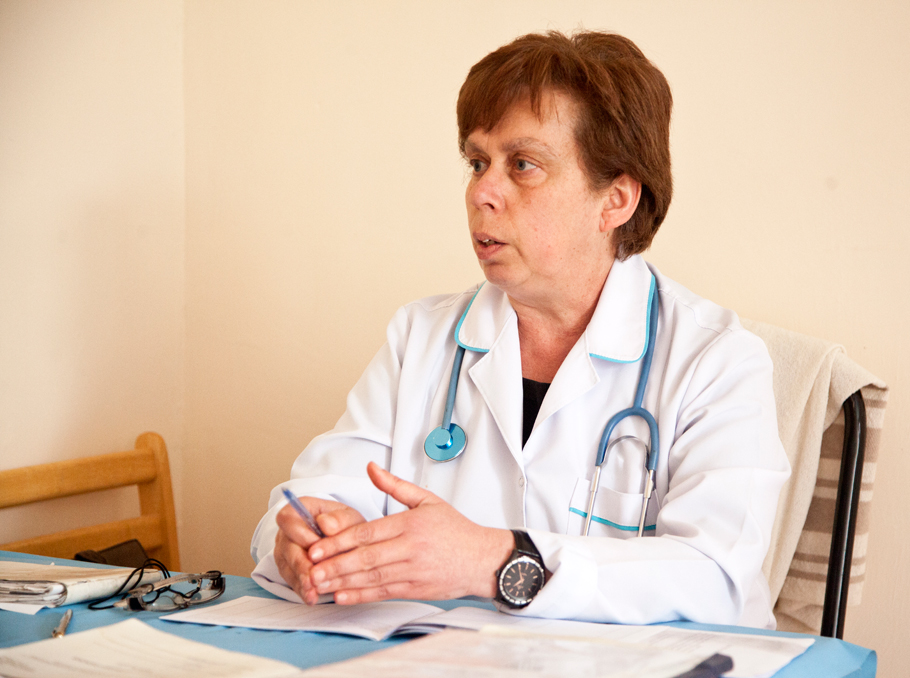 Doctor Gevorgyan
Doctor GevorgyanPhoto: Mediamax
Despite the assistance of donor organizations, the main objective of the first-aid post is to be able to serve the population of three communities and reach the patients in time.
Things become more complex if the patient has complications or a life-threatening condition. The closest medical institution is the hospital in the city of Berd, the center of the province, 62 kilometers away. The relatives of the patients have to take care of the logistics themselves because the ambulance doesn’t drive to these villages, and there is no intercommunity bus transportation either.
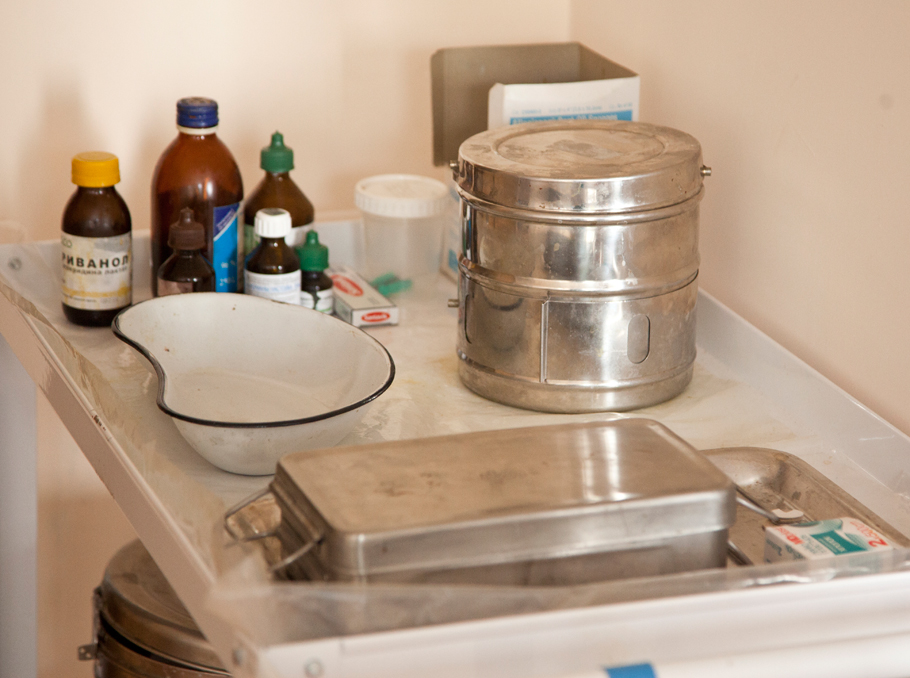 At Chinchin first-aid post
At Chinchin first-aid postPhoto: Mediamax
If the patient needs to be transferred to a hospital only under the supervision of a doctor and by an ambulance, people first of all must find their only doctor, who has to confirm that the issue is an urgent one and there is no other way of transportation. Only after this the ambulance will drive on bumpy roads to the given community, 10 kilometers off the border, under the threat of becoming a target for the enemy, overcoming a lot of obstacles. This takes a lot of time at the expense of the patient’s life who has to wait until the ambulance arrives, praying to god that his condition won’t deteriorate.
Story by Siranush Yeghiazaryan
Photos by Emin Aristakesyan
















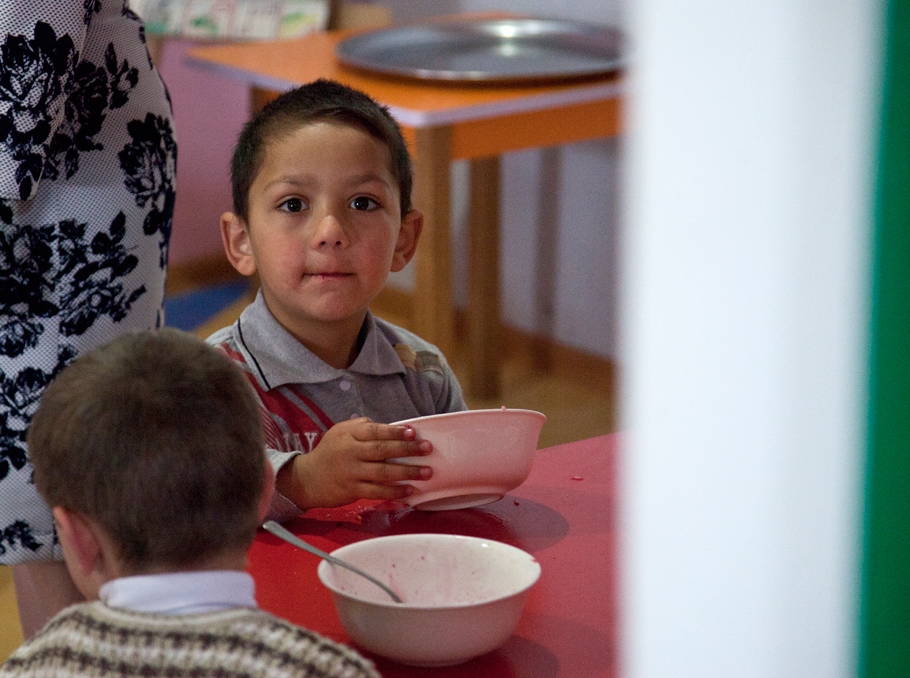
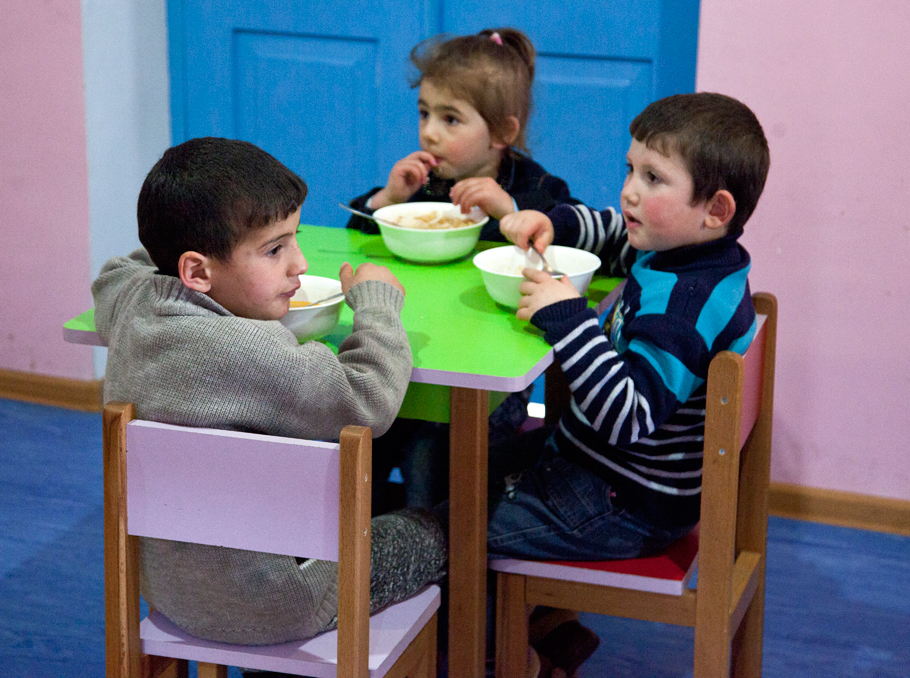
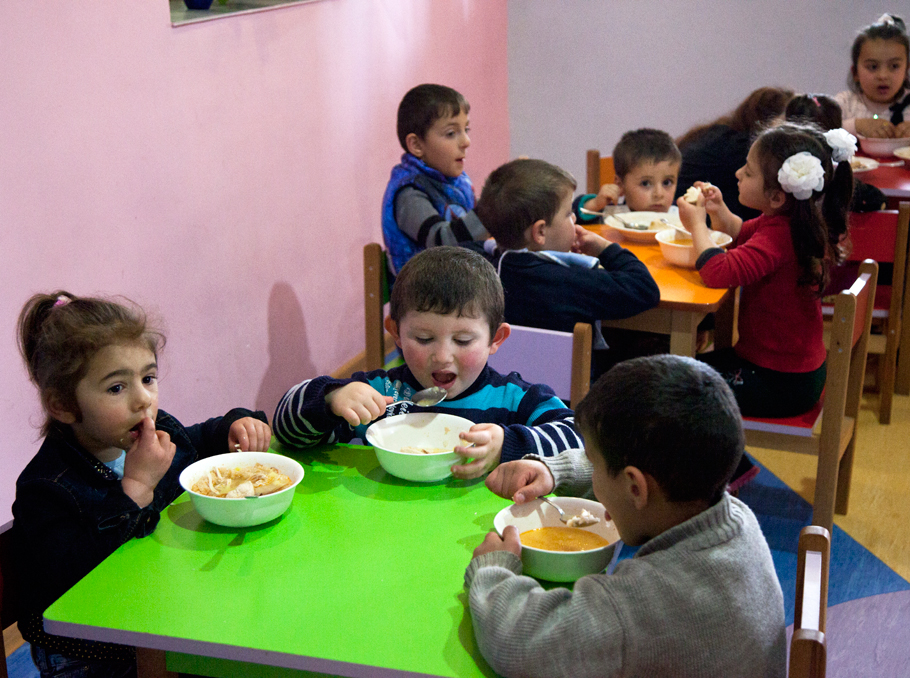
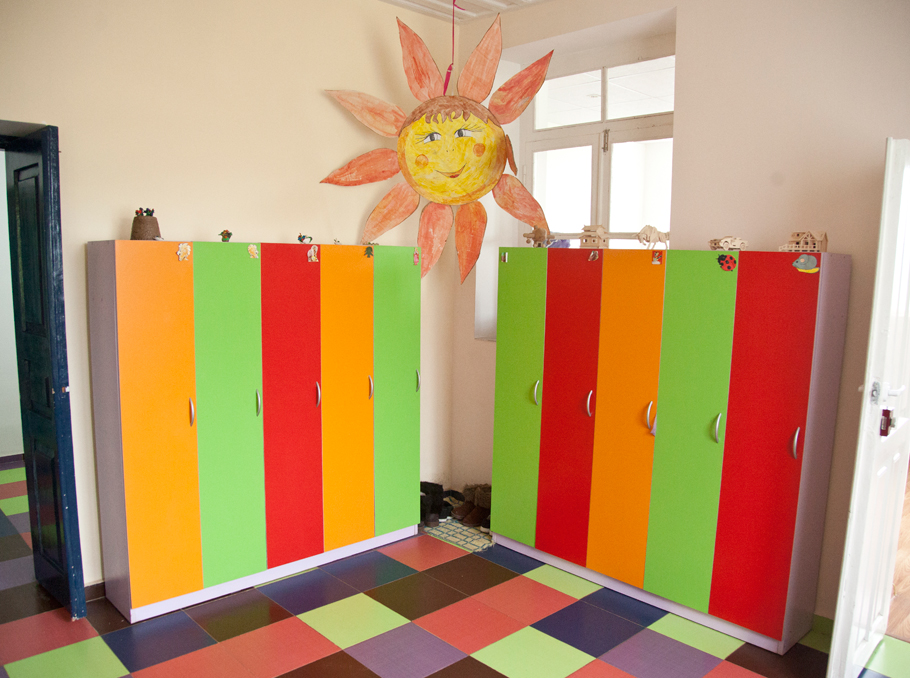
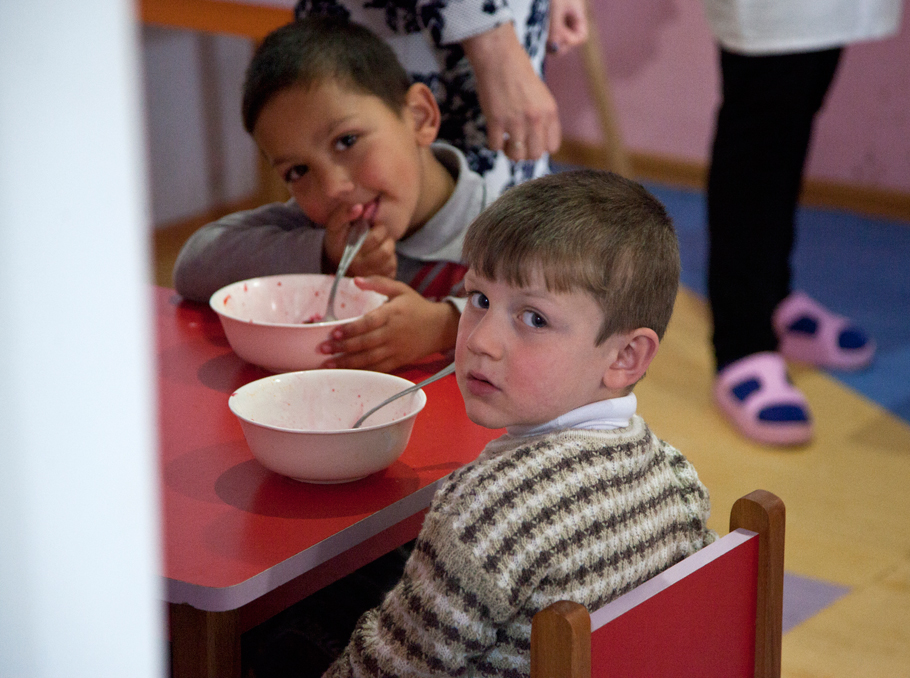
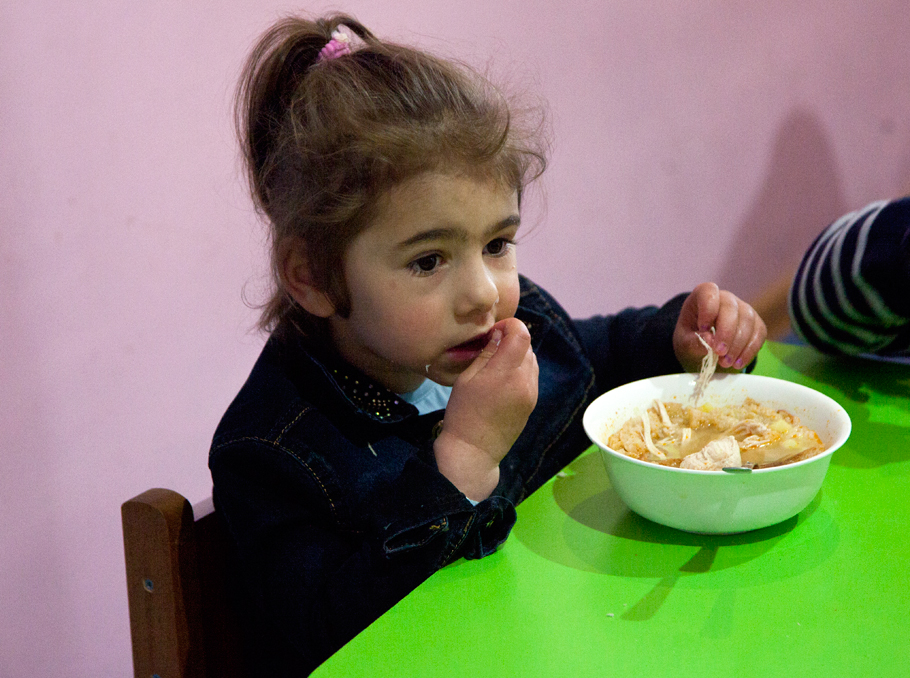
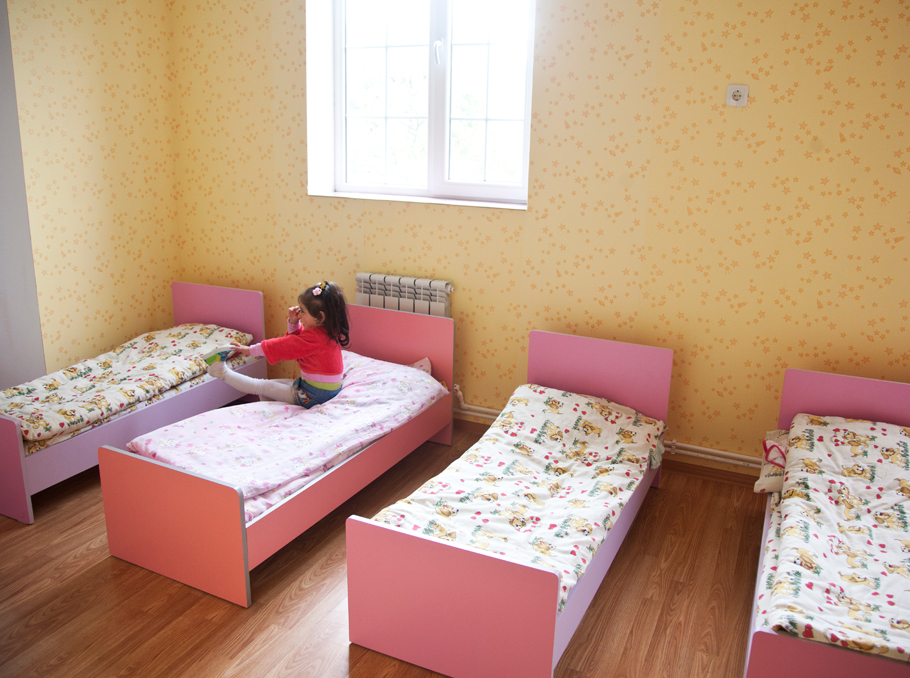
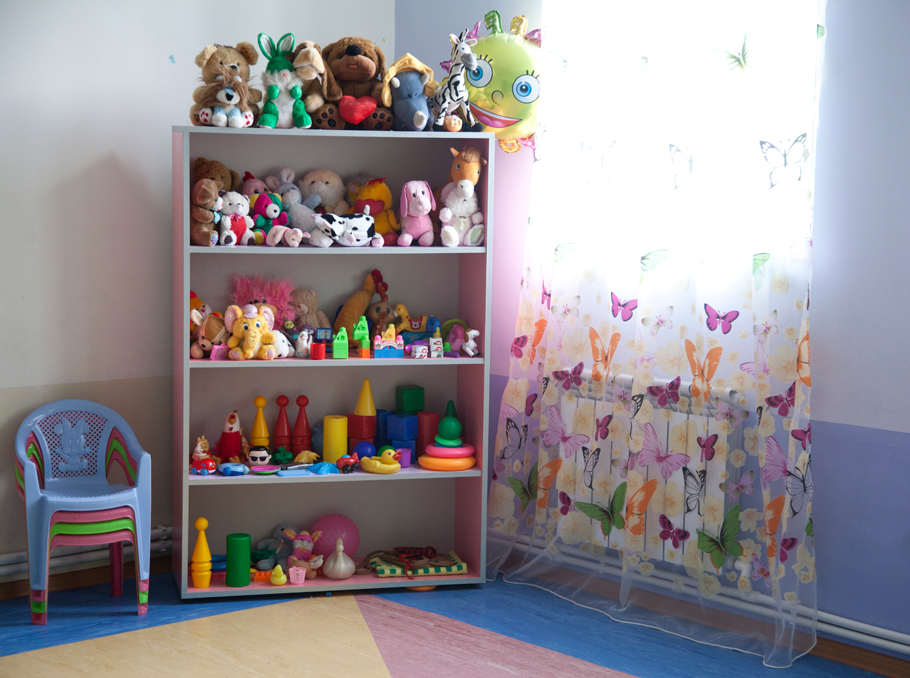
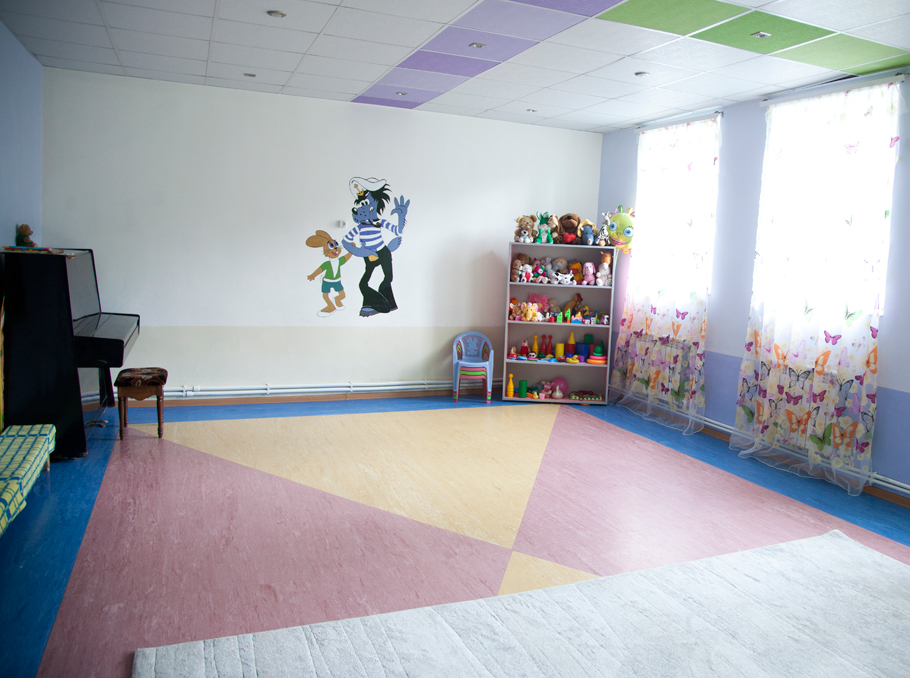
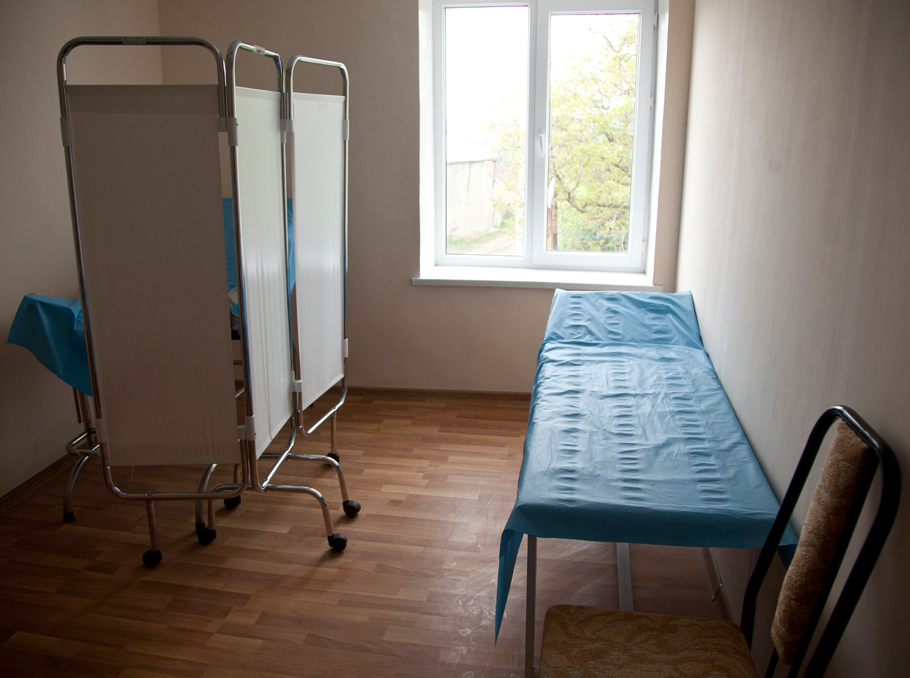
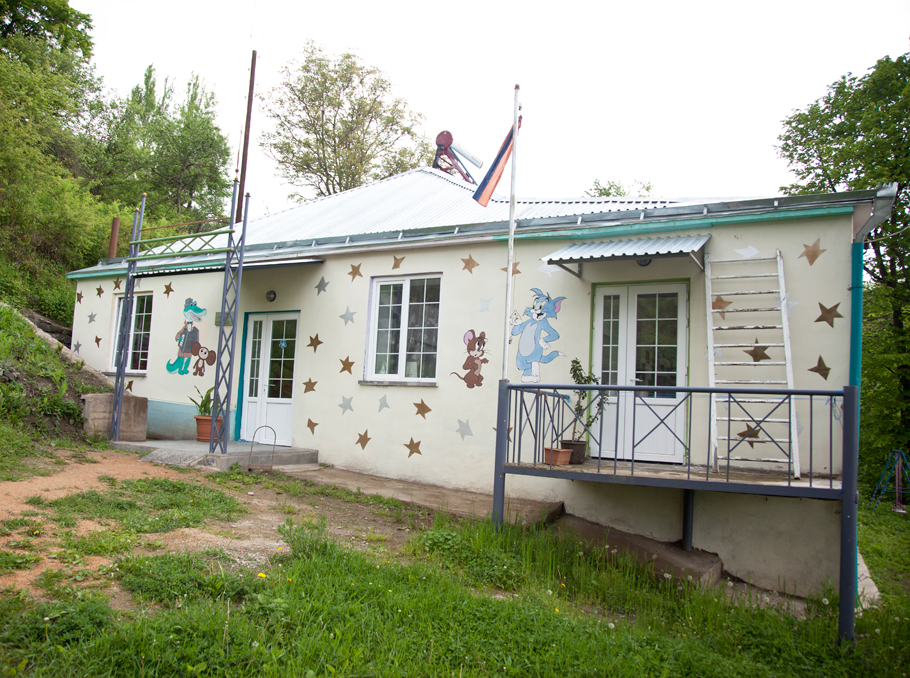

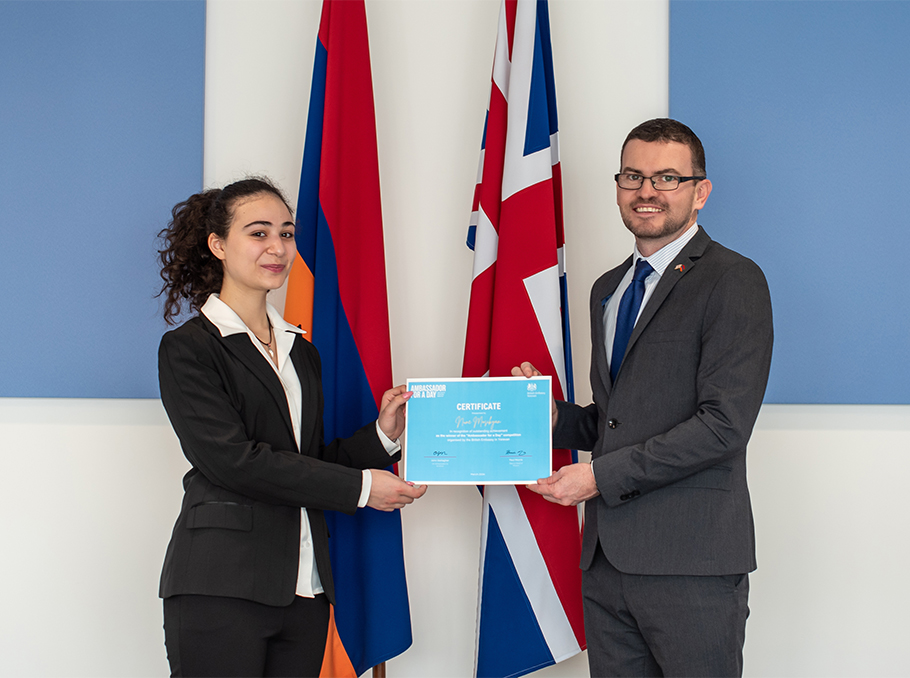

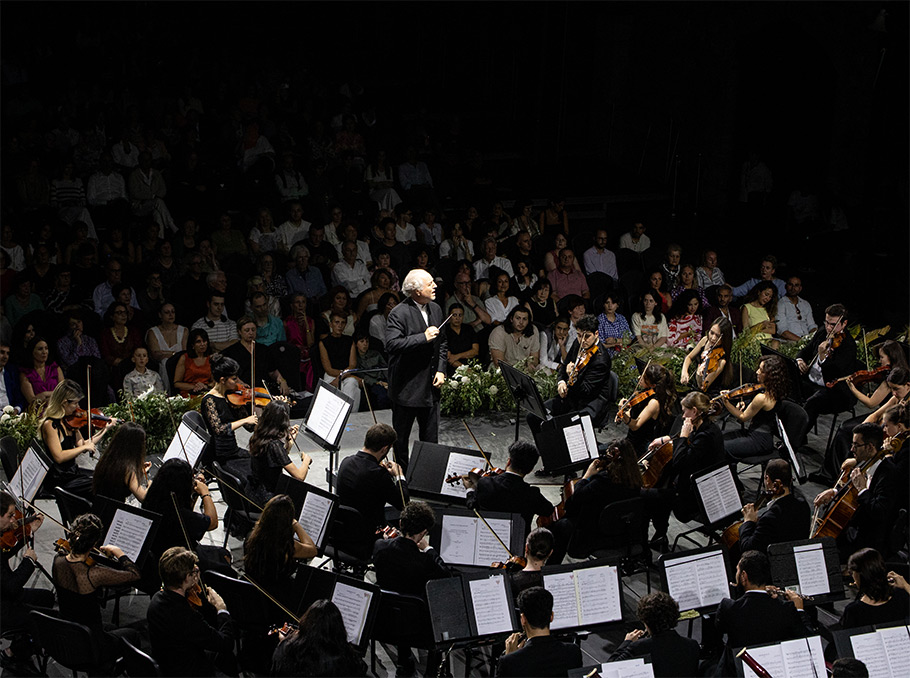
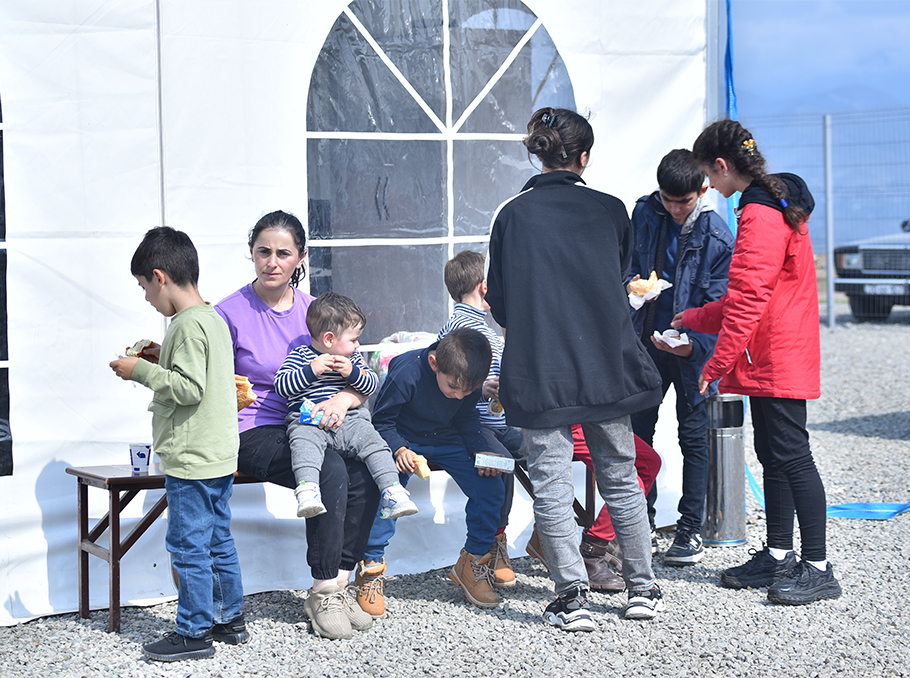






Comments
Dear visitors, You can place your opinion on the material using your Facebook account. Please, be polite and follow our simple rules: you are not allowed to make off - topic comments, place advertisements, use abusive and filthy language. The editorial staff reserves the right to moderate and delete comments in case of breach of the rules.